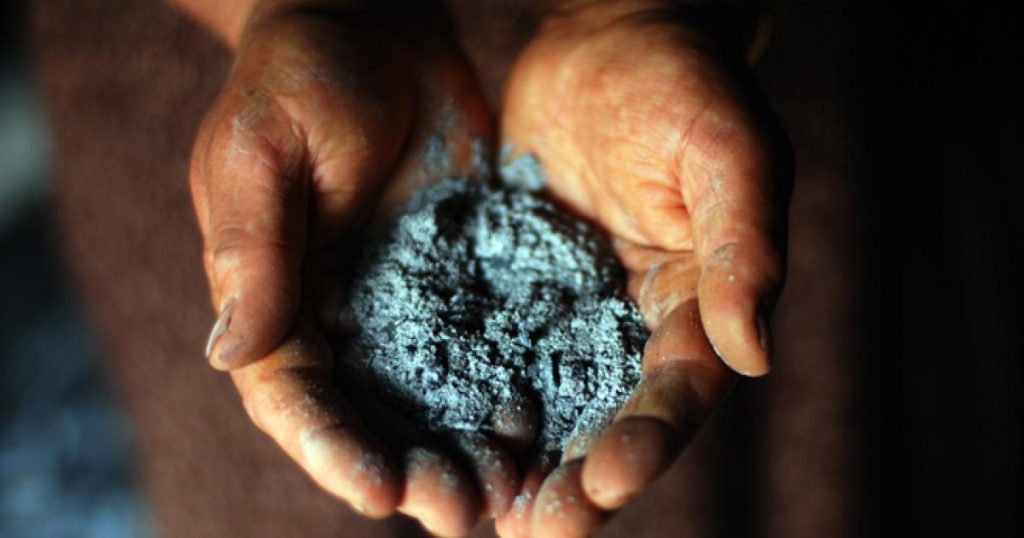In observance of the International Day of Zero Tolerance for Female Genital Mutilation (FGM), members of the National Traditional Council of Liberia (NTCL) on Wednesday, February 6, 2019, committed themselves to end the practice of FGM.

According to research, FGM (also referred to as ‘female circumcision’), which involves removal of the clitoris, has some long-term consequences that include complications during childbirth, anemia (blood loss), the formation of cysts and abscesses, keloid scar formation, damage to the urethra resulting in urinary incontinence, dyspareunia (painful sexual intercourse), sexual dysfunction, hypersensitivity of the genital area and increased risk of HIV.
For those reasons, Momo Kiazolu of the NTCL, who spoke for Chief Zanzan Karwor, informed participants, including international partners, that Liberians are a decent people, and so “we are willing to work with the international community to put an end to FGM.”
Kiazolu said the international community did not succeed in the fight against FGM, because they never met the consensus of the traditional council of chiefs and elders.
Kiazolu continued, “The international community gave their money to us, and we should not be the one to dictate to them, but we should work together to end the practice.”
Mrs. Faith Akovi Cooper, International Rescue Committee (IRC)-Liberia Country Director, expressed gratitude to the government and its international partners for holding such a forum, which she said has the strength to end the “harmful traditional practice of FGM.”
According to Mrs. Cooper, over 200, 000 million girls and women across the world are victims and survivors of FGM; while 40 percent of women and girls in Liberia are victims of the practice.
In Liberia, according to Mrs. Cooper, 35,000 girls and young women have undergone the practice either as a result of family coercion, social marginalization and neglect by imposed future husbands; “but currently, the practice of FGM continues due to lack of legislation to penalize practitioners and is now done in 11 of the 15 counties. Approximately 500 girls and women undergo FGM annually.
Ma Setta Fofana Saah, vice coordinator of the NTC, said FGM is a sensitive issue that education cannot solve but needs the involvement of players to bring it to an end.
Ma Setta, who claimed to have joined the Sande when she was seven years old, said FGM is not a money-making issue but a traditional practice that needs a clever approach with key players. She said the approach to end the practice has been a serious challenge between traditional people, representatives of civil society organizations (CSO’s), legislators and the United Nations.
“We are able to tell our president that the Executive Order should go on, because we have committed ourselves to end FGM,” Ma Setta announced.
Mrs. Frances Deigh Greaves, chairperson of NGO Secretariat, said as a civil society actor, she has observed over the years that inclusion on the discussion of ending FGM has been limited, but was happy that international partners have made the discussion more inclusive, to enable key actors to understand the danger it poses to the victims.
Madam Greaves said since the end of the Second World War, human rights violation has been a major challenge, given the harmful traditional practices in African culture, “and beyond, to include some European countries.”
Wednesday’s event was attended by some government officials, representatives from UN Women, Plan International, HeForShe Crusaders-Liberia, National Working Group Against FGM, Sweden Embassy, European Union and the African Union. They each pledged their support to end the practice of FGM in Liberia.

